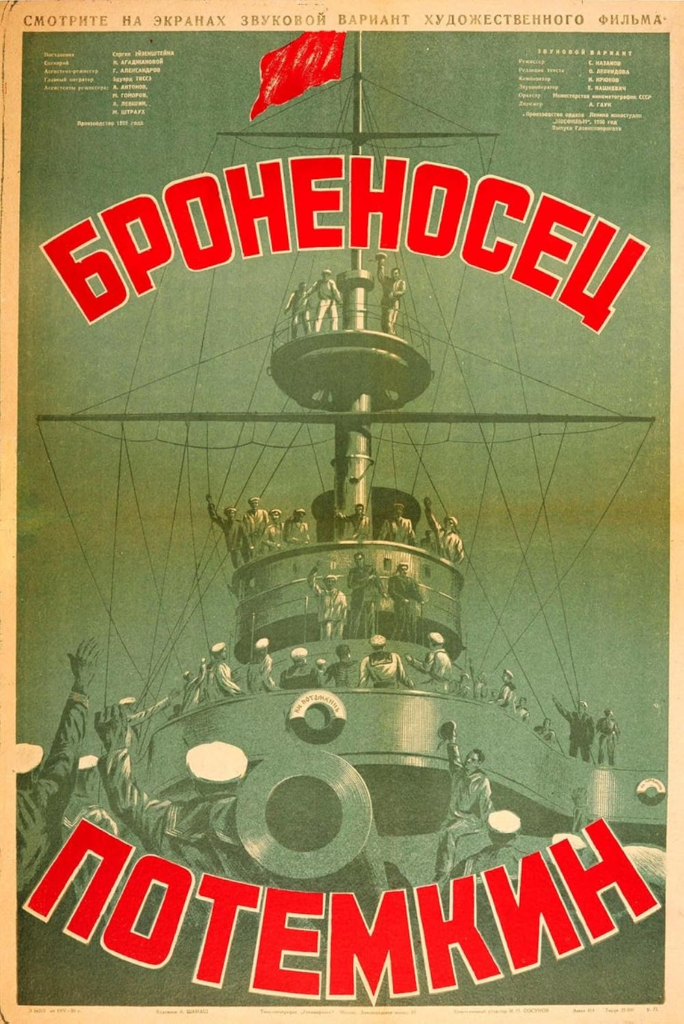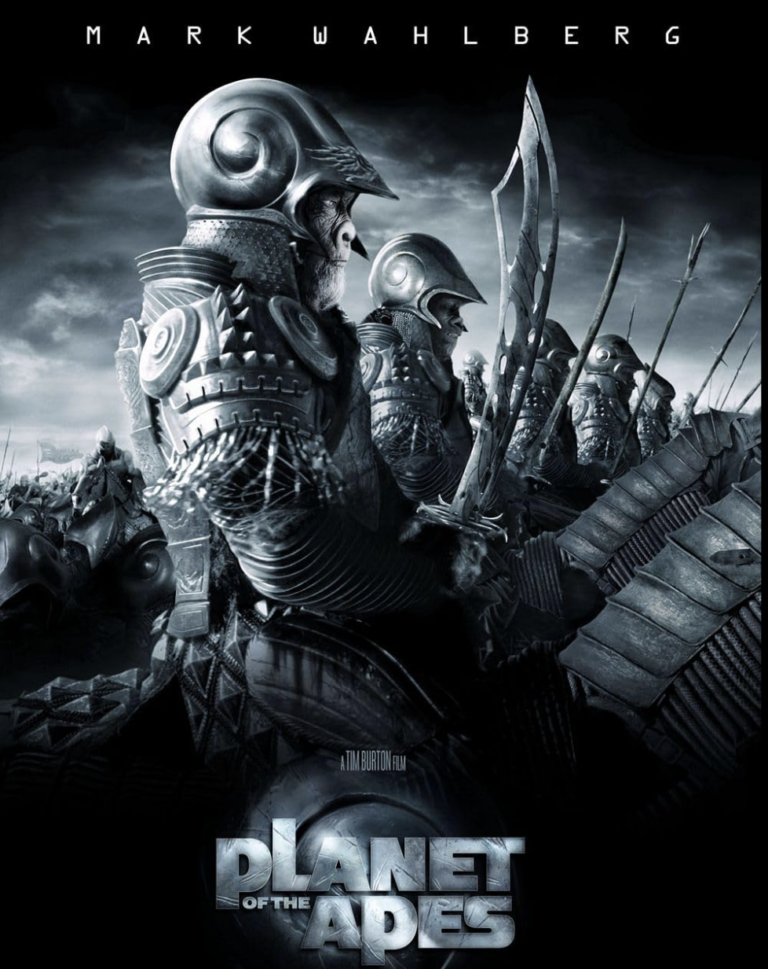Battleship Potemkin Christian Review

When discussing Battleship Potemkin, the iconic 1925 silent film directed by Sergei Eisenstein, there’s no question about its cinematic legacy. It’s lauded as one of the most influential films of all time, a masterpiece of montage and visual storytelling. To watch it is to engage with a foundational piece of film history, the blueprint for countless future directors. But here’s the rub: it’s also a piece of Soviet propaganda. And from a Christian perspective, this complicates things significantly. Yes, it’s beautiful. Yes, it’s groundbreaking. But beneath that, Battleship Potemkin is a fervent cry for revolution—one that advocates for a world order that stands in stark opposition to Christian values.
Propaganda in Technicolor
Let’s not kid ourselves—this film wasn’t made to just tell a story. It was made to spread a message, one deeply rooted in the Marxist ideology that fueled Soviet Russia. Its purpose was to rally people to the cause of revolution, to see the mutiny on the Potemkin as a microcosm of the larger proletariat struggle against bourgeois oppression. Eisenstein wasn’t just crafting a narrative; he was crafting a sermon, one with a clear message: the downtrodden must rise up, and violence may be justified if it means shaking off the chains of oppression.
But for the Christian, there’s a tension here. Battleship Potemkin paints its conflict in black and white, reducing human complexity to a simplistic dichotomy of good oppressed versus evil oppressor. And yet, Christianity calls us to a more nuanced view of humanity. Yes, we are to stand with the oppressed, but we’re also called to love our enemies, to seek justice, not through violence, but through reconciliation. Where Potemkin celebrates revolution, the Christian tradition tends to see such upheavals as tragic failures of human relationships, where violence begets more violence.
The Iconic Odessa Steps: A Christian Lament for a Fallen World
It’s impossible to talk about Battleship Potemkin without discussing the Odessa Steps sequence. If you’ve seen the movie—or even if you haven’t—you probably know the scene. It’s been imitated and referenced in countless films since. A crowd of civilians, jubilant in support of the mutiny, is suddenly and brutally gunned down by marching soldiers. Eisenstein’s brilliance is on full display here. The editing is frantic, building tension and horror as the scene unfolds. The image of a baby carriage bouncing down the steps is burned into cinema history.
Watching this sequence is emotionally devastating. It’s visceral. It’s horrifying. And yet, as Christians, we can’t stop at simply being horrified by the violence. We are also called to lament the state of a world where such violence is even possible. The slaughter on the Odessa Steps is a reminder of the fallen nature of humanity—a world where innocence is trampled underfoot, where power corrupts, and where justice seems so often out of reach.
But here’s the difference. For Eisenstein, the solution to this brutality is revolution. The oppressed must rise up, and if that means shedding blood, so be it. For the Christian, the response is more complicated. Yes, we must fight for justice, but we must do so in a way that upholds the dignity of every human life, even the lives of our enemies. The Bible’s call is not to take up arms, but to love our enemies, to seek peace, and to trust in God’s ultimate justice.
The Complexity of Human Dignity
Eisenstein’s vision of revolution is one where the oppressed are morally pure, their violence justified by the oppression they endure. The officers on the ship, the Cossacks on the Odessa Steps—these are the villains, through and through. But Christianity asks us to look at humanity differently. It recognizes the dignity of every person, even those who wield power unjustly. There’s a temptation in films like Battleship Potemkin to dehumanize the oppressors, to see them as faceless embodiments of evil. But the Christian faith reminds us that every person, even those who commit great wrongs, is made in the image of God and is in need of grace.
The sailors aboard the Potemkin are oppressed, and their suffering is real. But the officers are also human beings, caught in a system of sin that corrupts and destroys. While Battleship Potemkin calls for their destruction, Christianity calls for their redemption. Revolution may overthrow a regime, but it doesn’t heal the human heart.
Revolution vs. Redemption: A Clash of Worldviews
At its core, Battleship Potemkin is a story about revolution—violent, bloody, and absolute. But revolution, no matter how just the cause, often leaves a trail of broken lives in its wake. And as Christians, we know that true change doesn’t come through the sword, but through the cross. Christ’s kingdom is not one built on violent uprisings, but on sacrificial love.
Eisenstein’s film, with all its artistic brilliance, presents a vision of salvation through revolution. But for the Christian, salvation comes not through human effort, but through God’s grace. The film’s message of class struggle and uprising is compelling, but it is incomplete. True justice, true peace, comes not through the overthrow of one power for another, but through the transformation of the human heart.
Engaging with Art in a Fallen World
So, how do we engage with a film like Battleship Potemkin as Christians? The answer is with discernment. There’s much to admire here—Eisenstein’s craft, his ability to tell a story visually, his innovation in the use of montage. It’s a film that has shaped the history of cinema in profound ways, and for that, it deserves to be studied and appreciated.
But at the same time, we cannot embrace its message uncritically. We must recognize that Battleship Potemkin is a product of its time, steeped in an ideology that is fundamentally opposed to the Christian faith. Its revolutionary fervor, its glorification of violence, and its simplistic view of human nature are all at odds with the gospel message of peace, reconciliation, and the dignity of every human person.
Final Thoughts: Wrestling with Greatness
Battleship Potemkin is a film that demands to be wrestled with. It’s a work of art, a historical document, and a piece of propaganda all rolled into one. It’s beautiful, horrifying, and deeply ideological. For Christians, watching it is an exercise in discernment—appreciating its artistry while recognizing its flaws. It’s a film that raises important questions about justice, power, and human suffering, but it offers answers that fall short of the Christian vision of redemption.
In the end, Battleship Potemkin remains a vital piece of cinema history, but its message is one that we must approach with caution. It’s a reminder of the power of art to shape our views, but also of the need for a deeper truth, one that goes beyond revolution to the heart of redemption.
Rating: 7/10
For its artistry and influence, Battleship Potemkin earns high marks. But its message, while powerful, is incomplete. It’s a film that stirs the soul, but as Christians, we know that true peace and justice come not through revolution, but through the grace of God.







